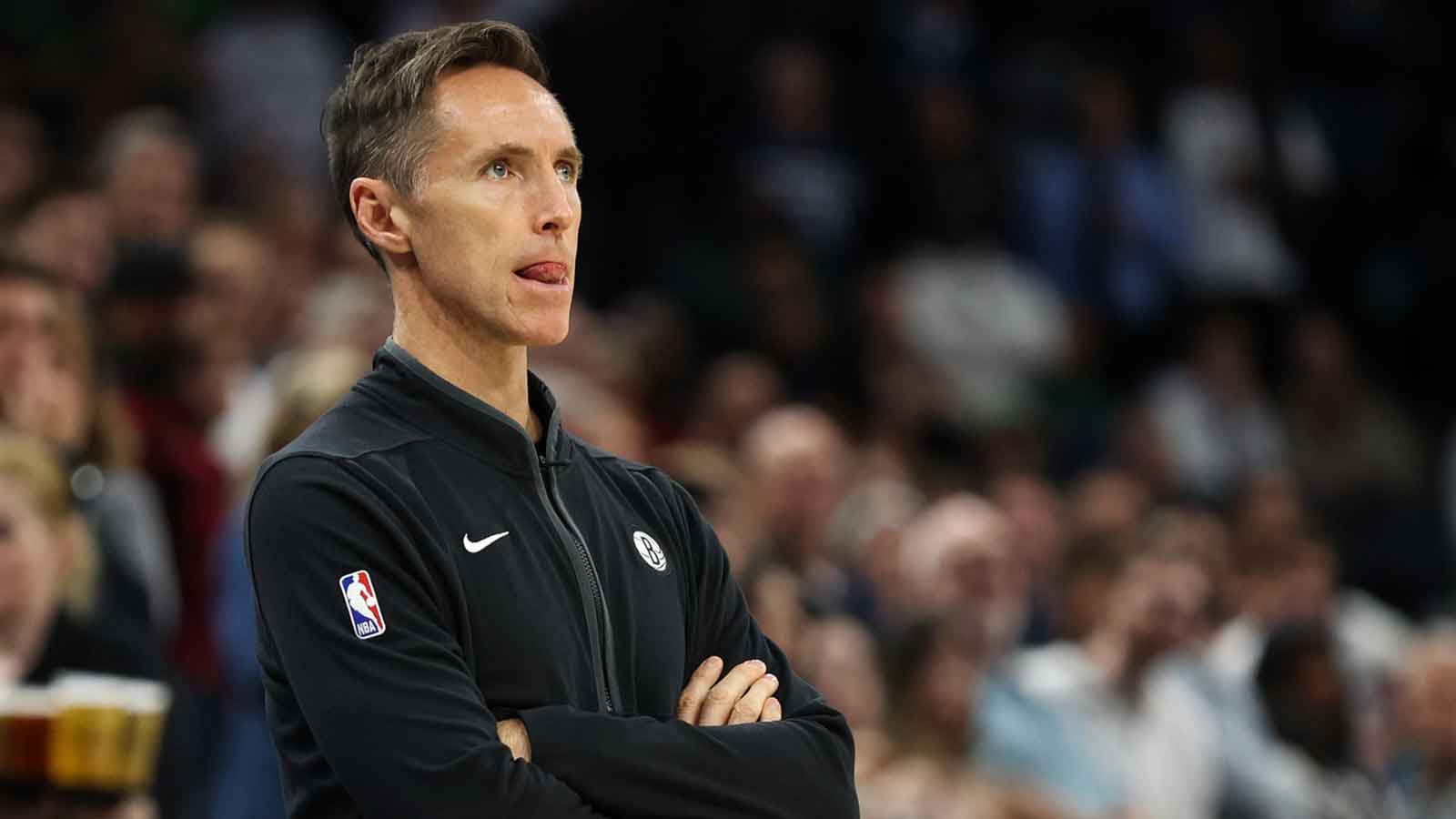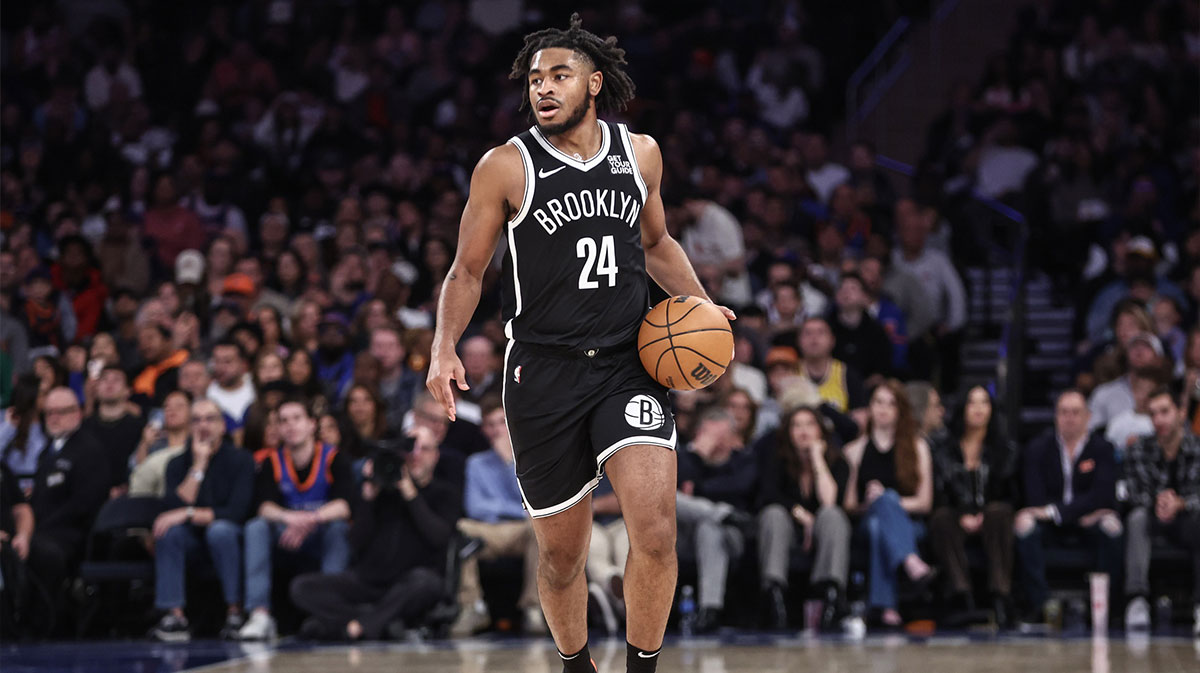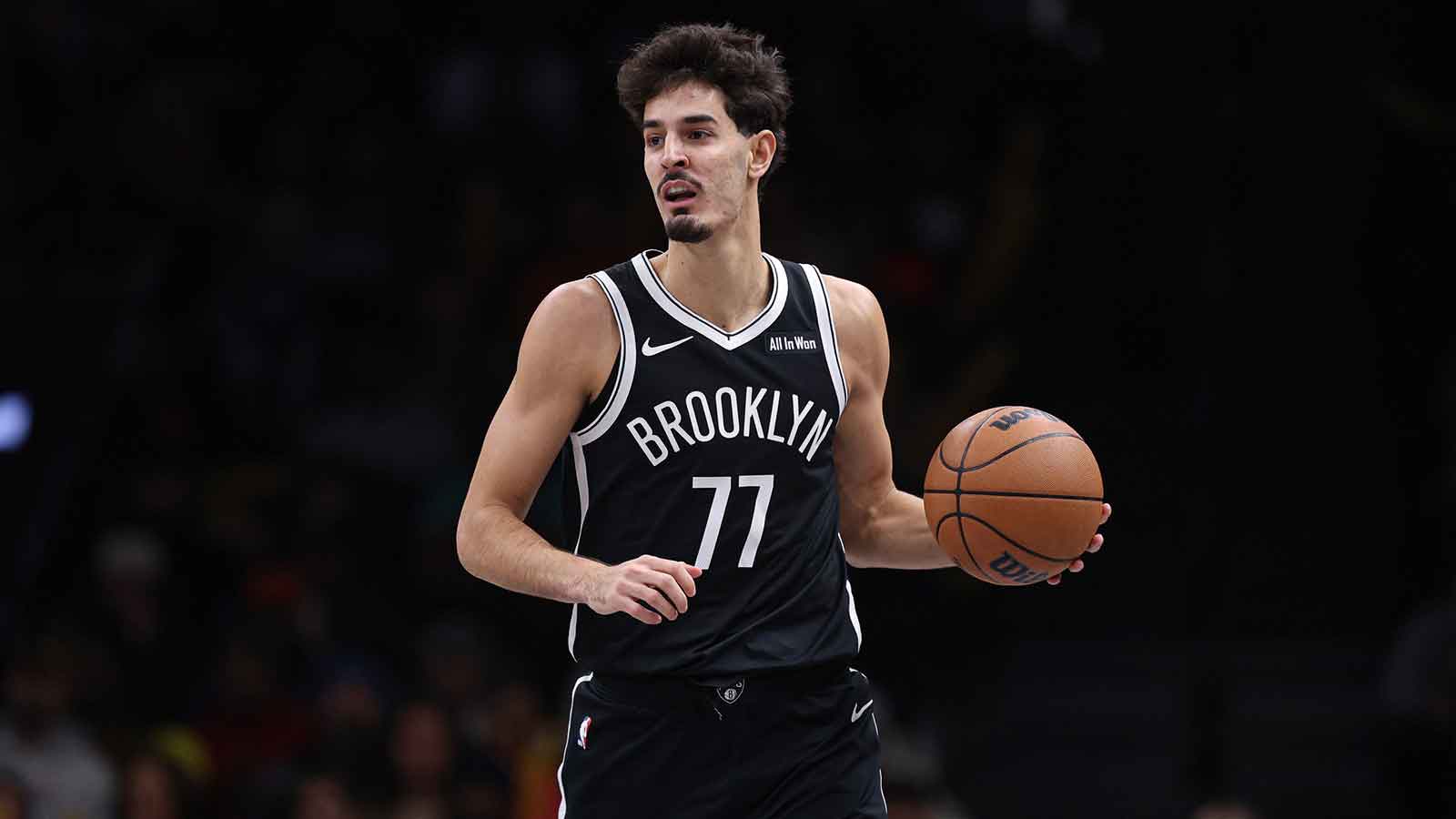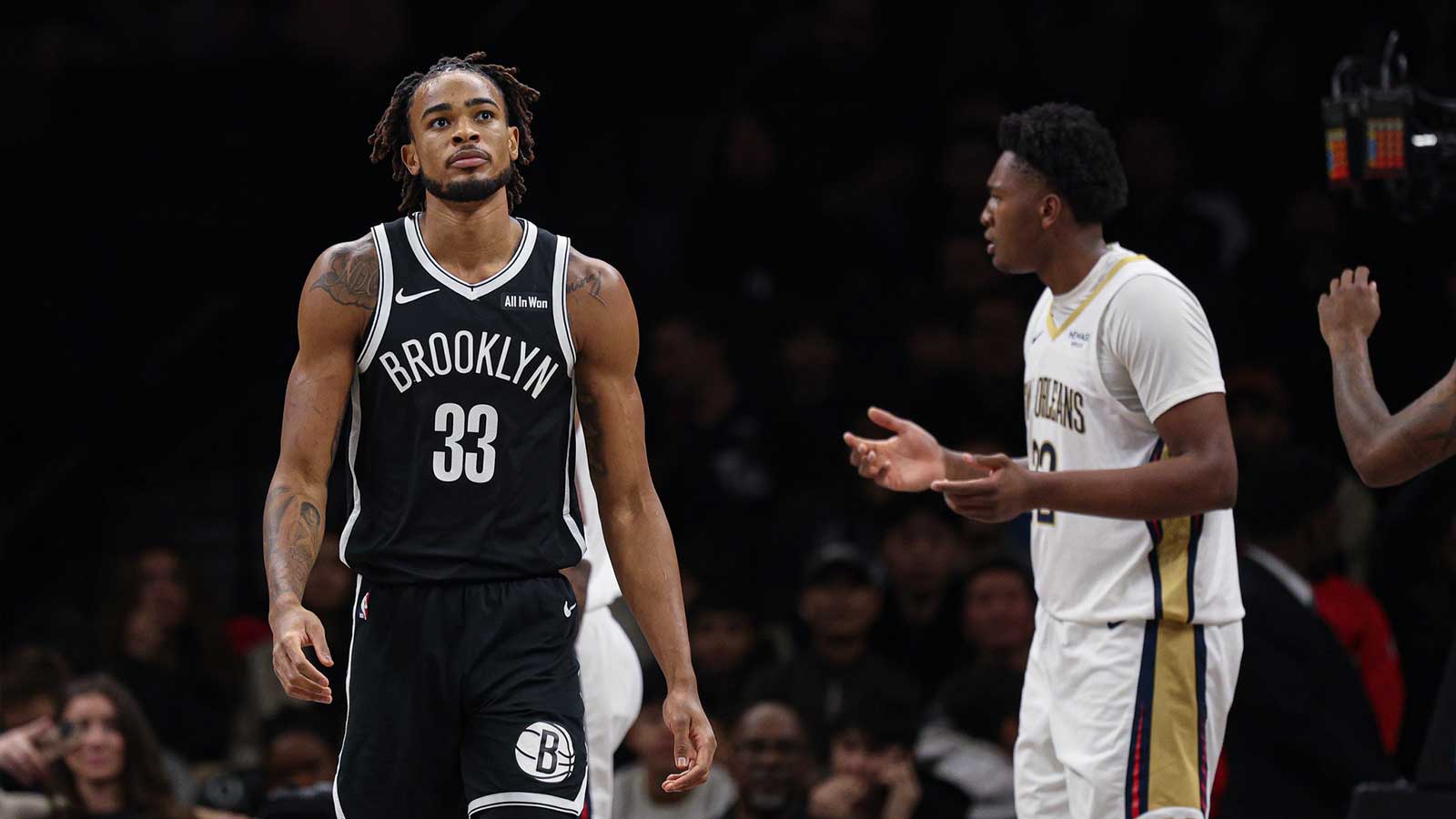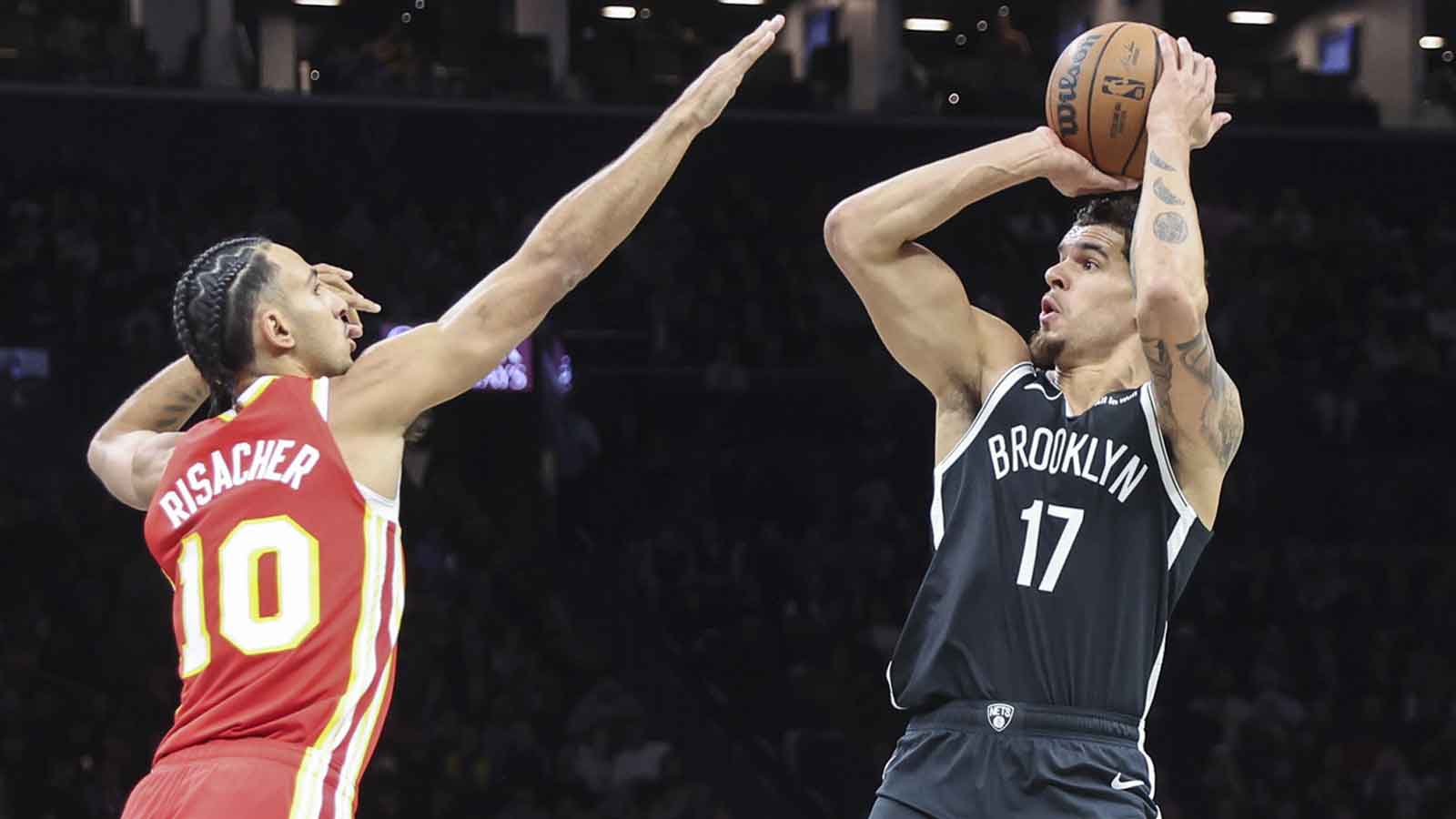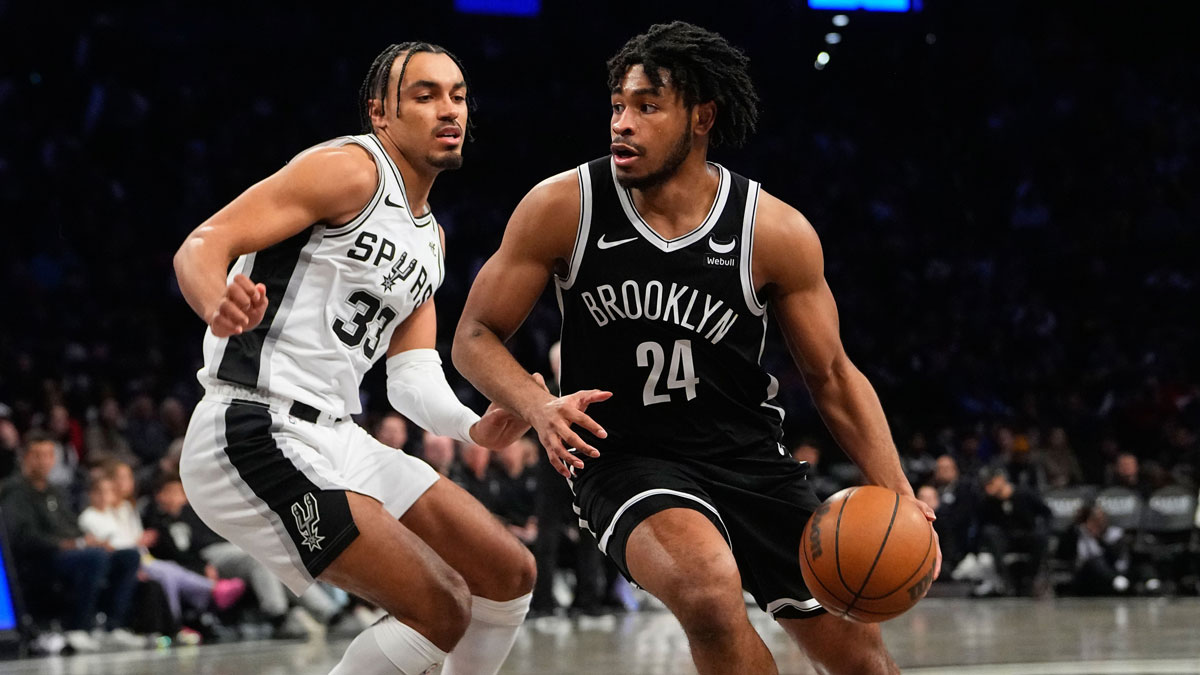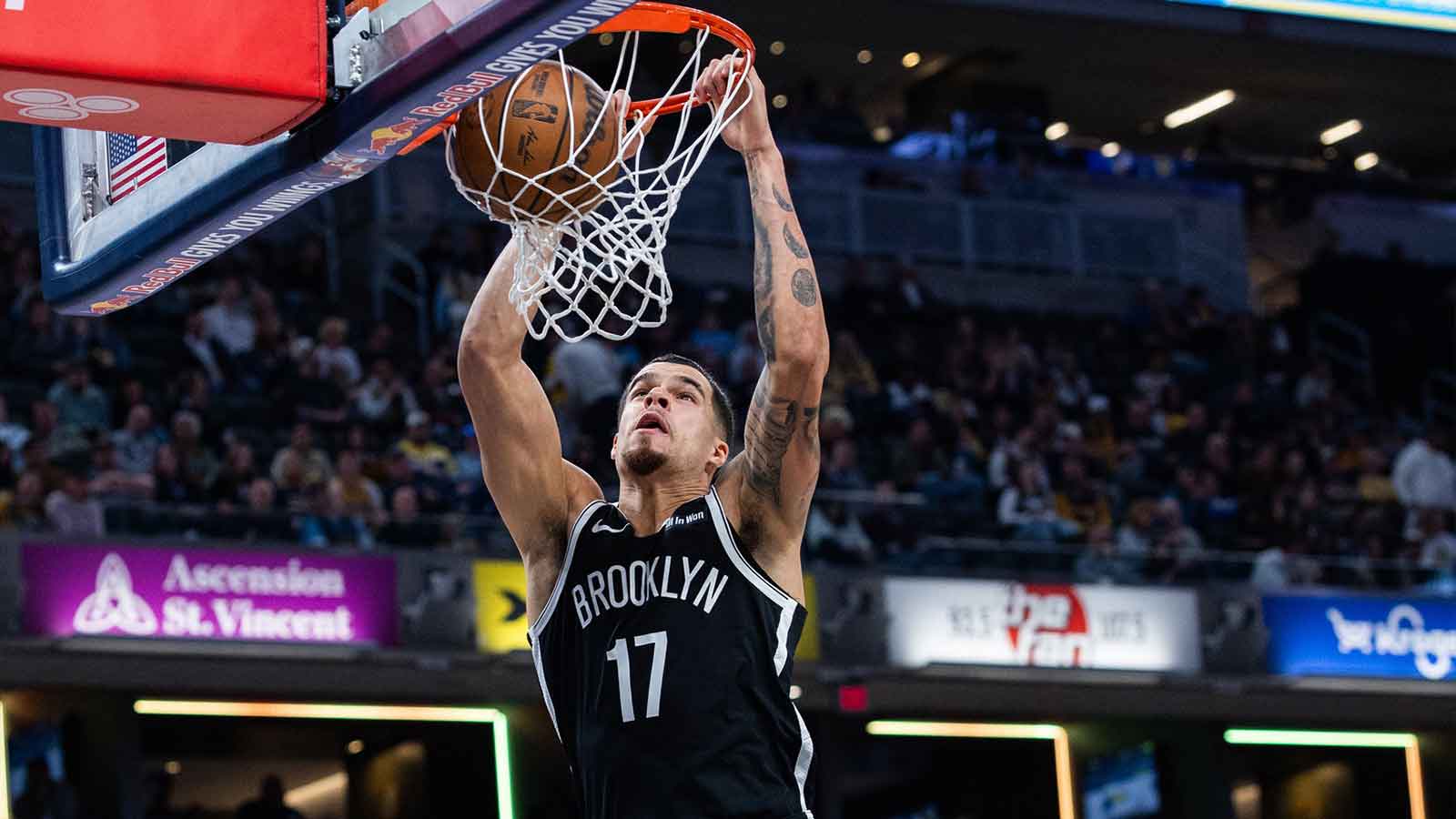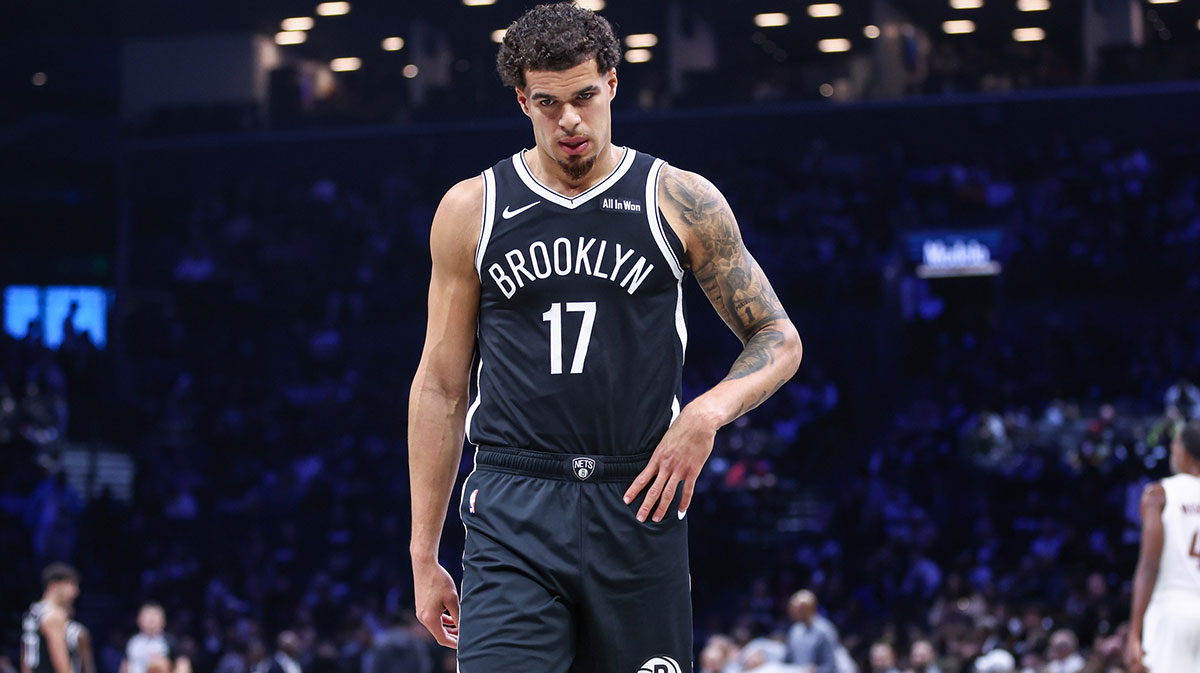Earlier this year, Kyrie Irving picked up his player option for the 2022-23 season. He did that instead of opting out to become an unrestricted free agent. This means that Irving is under contract with the Brooklyn Nets for the 2022-23 season. He will also make $36,503,300 or so, depending on incentives. Here we'll look at how insane Kyrie Irving's true salary is assuming he gets around $400,000 in incentives and after taxes.
View this post on Instagram
As you can see from that interesting post on dunk, Kyrie Irving won't enjoy all or even the majority of the $36.9 million salary he is set to receive this season.
To the typical individual reading breaking news about an NBA player's contract, it may appear like they make exorbitant sums. It appears to be especially true when considering the many sponsorship deals these players have off the court, as well as the frequently expensive and affluent lifestyles they lead.
On the flip side, take away their endorsements and sponsorships. Then add in the taxes these players must pay on top of the agent fees they must pay to negotiate and get multi-million dollar contracts in the first place. Afterward, you're left wondering how much an NBA player truly makes once everything is said and done.
Case in point, Kyrie Irving will earn $36.9 million in the 2022-23 NBA season. As good as that amount sounds to the ears and looks on paper, it'll get decimated by layers upon layers of taxes and deductions. First, we have Federal Tax (roughly 37 percent) followed by the State Tax in New York (roughly 11 percent). And then we have FICA (around 2.4 percent), Jock Tax (around 2.9 percent), and Local Tax (close to 4 percent).
The overall tax cuts and deductions Kyrie Irving will absorb by playing for the Brooklyn Nets stand at roughly 57 percent. He is essentially “losing” most of the money he has earned to these taxes and deductions. After they cut all these, we project Irving to bring home “just” under $16 million.
Yes, that's still a boatload of money, but considering the percentages of what he “lost” and the “what if” cost of the $20 million he paid via taxes and deductions, we cannot blame him if he feels even a little bit stunned.
This is, however, the reality for professional athletes. Like us, they aren't immune to taxes. Uncle Sam collects, even from Uncle Drew. This is also why some players prefer playing in some states over others.
Take a look at this.
The federal income tax has a rate of 37 percent in the USA. Meanwhile, it is 33 percent in Canada for NBA players.
The next fee that players have to deal with is the state income tax. The state income tax all depends on where a player is playing. According to Tanza Loudenback of Business Insider, California’s state tax rates are the highest at 13.3 percent, while Pennsylvania’s state tax rates are the lowest at 3.07 percent among states that host NBA franchises. On the bright side, Ryan Prete of Bloomberg Tax states that if a player finds himself playing for a team either located in Florida, Tennessee, or Texas, he will not have to pay any state income taxes.
And then there's Jock Tax. Players who are visiting a state where they will be earning money as part of their employment have to pay this tax. States that do not issue state income taxes also do not solicit the jock tax. According to John Karaffa, President of ProSport CPA, an accounting firm that offers tax and financial services specifically to athletes, an NBA player typically visits around 20 different states throughout the course of an NBA season.
Jock Taxes vary depending on the schedule of a team. It also factors in the number of times they visit a state in a season. Accountants determine Jock Tax by calculating income earned from duty days. This refers to the total number of days a player goes with the team in another state. They calculate this as a percentage of the total number of days in a season.
Oh, wait, we didn't even factor in Irving's agent fees. Aside from taxes, we can assume agent fees at around 3 percent of the player’s playing contract. Agents may not to make more than 4 percent.
Ultimately, NBA players still have pretty high salaries in general. Oftentimes people just forget how much gets shaved off before the player actually gets to receive it.
So Kyrie Irving will pocket $16 million of his gross $36.9 million salary. He can obviously still do a lot with that (we all can!). Of course, when we add his endorsements and sponsorships, that will balloon even more.









